Explore hyperbole examples with your students using this digital game perfect for lesson warm-ups or lesson wrap-ups.
Hyperbole Examples for Your Students
My backpack weighs a tonne!
My homework is going to take a million years!
I’ll never finish all my chores!
Let’s face it… children love a good hyperbole! A hyperbole is a figure of speech in which exaggeration is used for emphasis or effect. It involves stretching the truth beyond what is literally true to create a vivid and dramatic impact. Hyperboles are commonly used in both everyday language and literature to add intensity, humor or emphasis to a statement. They are also used in persuasive writing to emphasise the benefits of one idea or highlight the problems of another.
In order to help your students identify the difference between a regular statement and one that contains a hyperbole, the dedicated team at Teach Starter has created this digital game consisting of 24 examples of these figures of speech. Each slide contains a statement. The students must decide whether or not the statement contains exaggeration.
For example:
The library is a quiet place to read. (Regular statement)
I am so angry right now that I might explode! (Exaggerated statement)
If students choose the incorrect answer, they are directed to a slide that encourages them to go back and try again. If the student chooses the correct answer, they are directed to a slide that provides positive reinforcement and allows them to progress to the next question.
For your convenience, this resource downloads as either a Microsoft PowerPoint presentation or in a Google Slides format. Simply project your chosen version of the resource onto your screen and work through the slides as a class for a paperless lesson on hyperbole!
More Uses for These Hyperbole Examples
This digital resource makes a great lesson warm-up or wrap-up activity when teaching hyperbole to your class. However, if you’re looking for additional ways to use this resource, here are some suggestions from our experienced teacher team:
- Team Trivia Quiz – Divide the class into small groups and provide time for students to discuss each statement together. Encourage them to justify their answers and engage in conversations about the use of hyperboles in different contexts.
- Extend the List of Examples – After going through the statements, challenge students to come up with their own hyperbole examples. This allows them to apply their understanding and creativity in crafting exaggerated statements on a variety of topics.
- Draw the Literal Interpretation – Have students select a hyperbole from the resource and create a visual representation of it. This could include drawings, memes or short videos to illustrate the exaggerated elements.
These additional activities not only reinforce the concept of hyperboles but also promote collaboration, critical thinking and creativity in the classroom.
Download to Explore Hyperbole and Exaggeration
Use the dropdown menu on the Download button above to access your preferred version of this resource. (Note: You will be prompted to make a copy of the Google Slides template before accessing it.)
Be sure to operate the presentation in Slideshow mode to enable the interactive features.
This resource was created by Caitlyn Phillips, a Teach Starter collaborator.
More Persuasive Devices Resources
Click below for a peek at Teach Starter’s extensive range of curriculum-aligned, teacher-created resources to use when teaching persuasive devices to your students!
[resource:5046740] [resource:24323] [resource:25874]
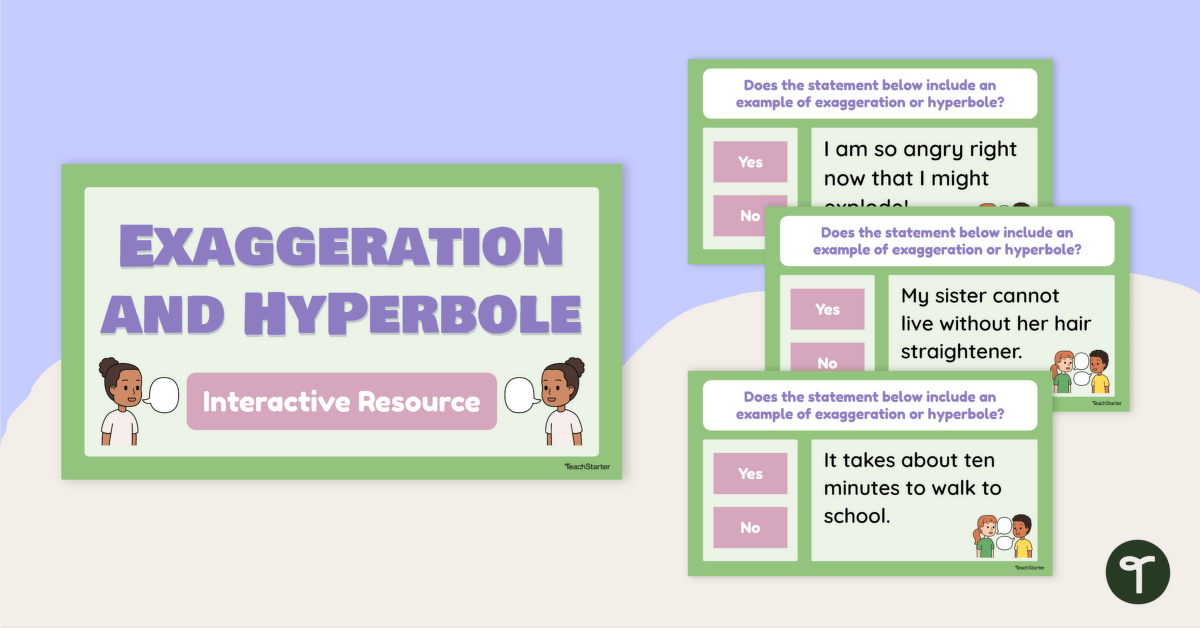

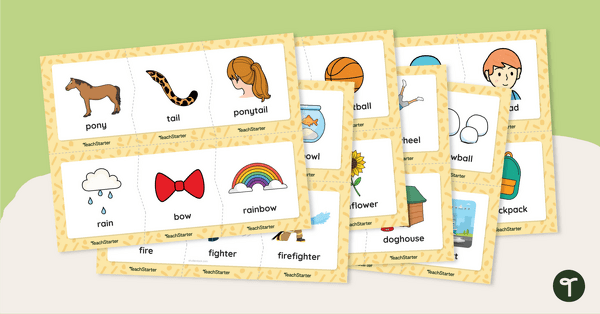
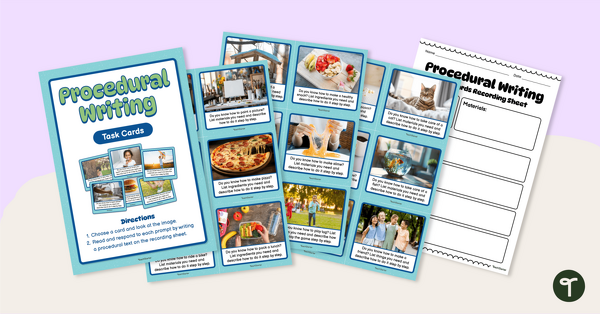
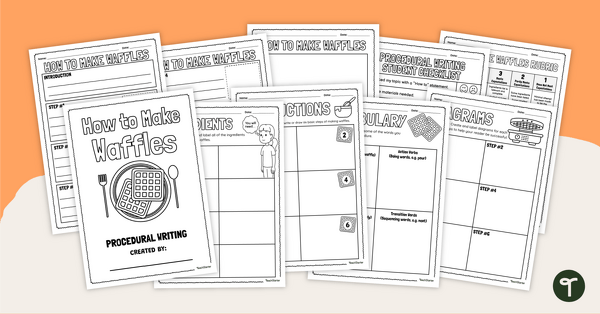
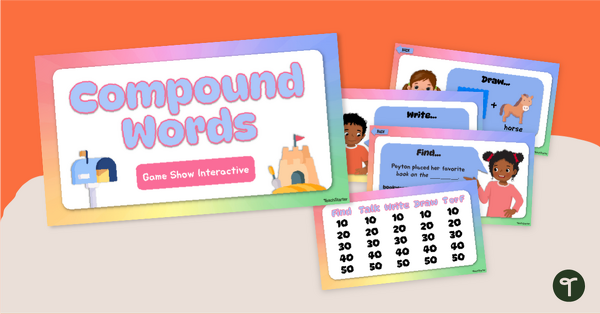
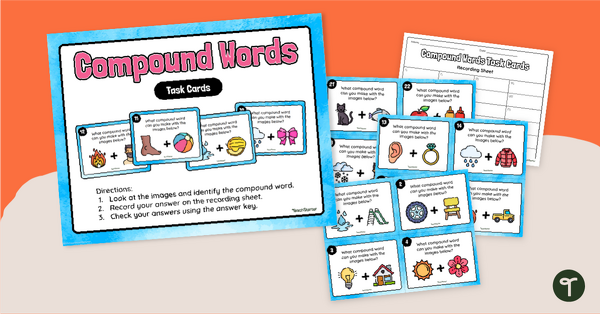
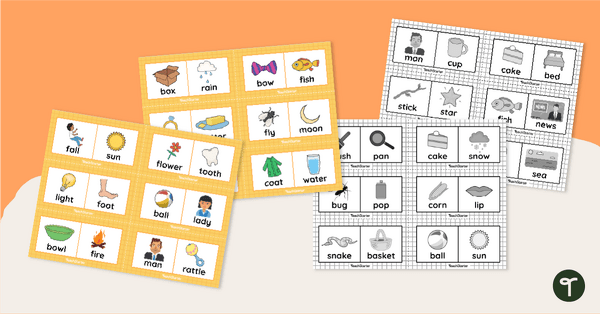
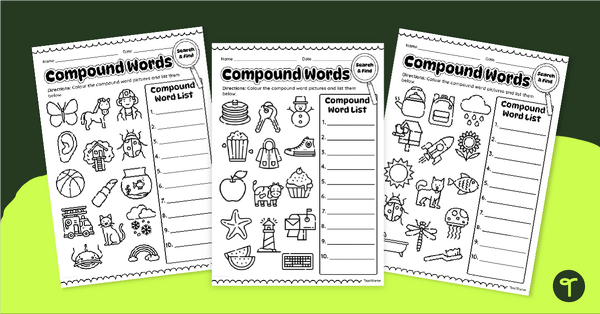
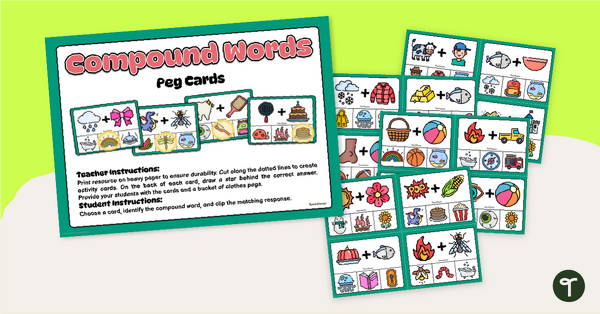
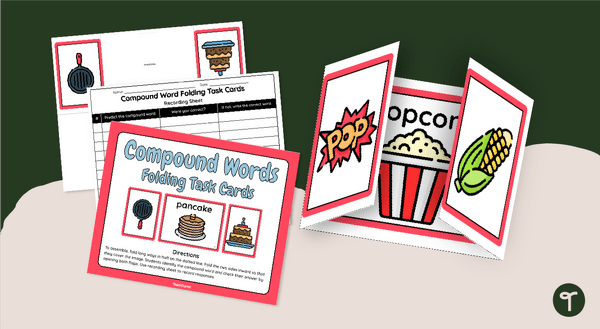
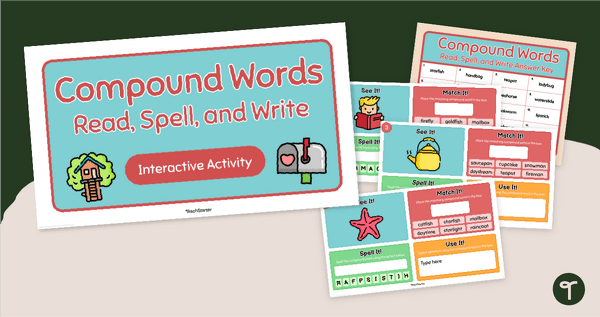
0 Comments
Write a review to help other teachers and parents like yourself. If you'd like to request a change to this resource, or report an error, select the corresponding tab above.